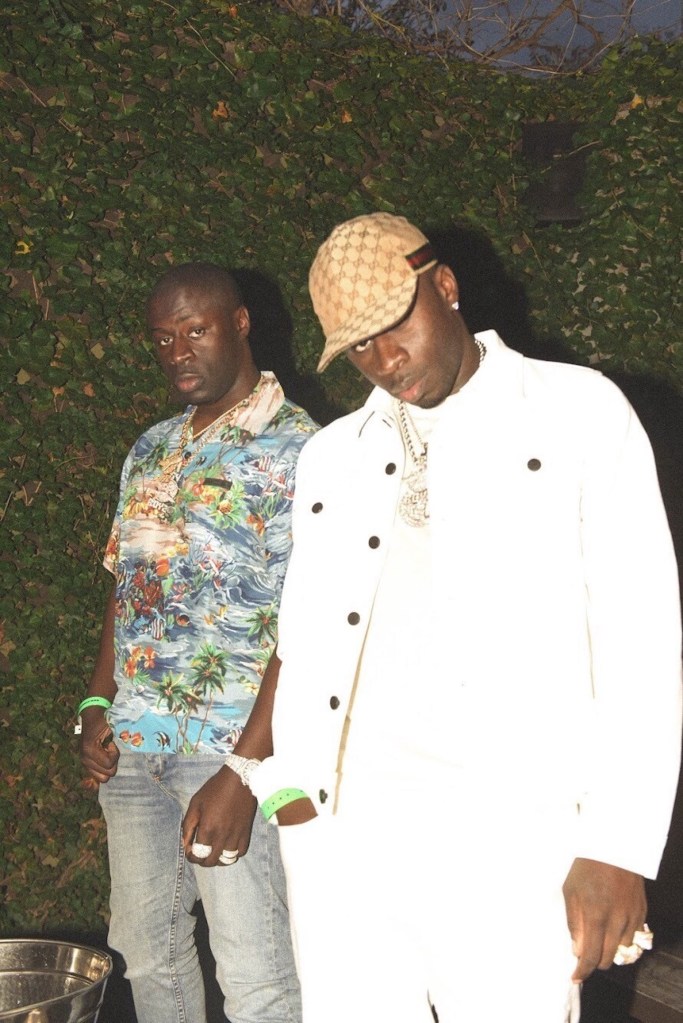The sounds of West Africa have found their way into American music more than ever over the past few years. International collaborations between Nigeria’s biggest stars and American artists like Tinashe and Chris Brown have proliferated, and several African artists have recently inked American record deals. Perhaps most notable was the smash global success of Drake’s “One Dance,” which featured Nigerian superstar Wizkid. The sound, which many American fans associated with more familiar Caribbean music like dancehall and soca, was actually that of West Africa’s booming afrobeats scene. More than ever, that scene is mixing internationally, a trend that can most likely be traced to the rise of London as a meeting spot for UK grime, West African afrobeats, American rap, and more to all intersect. Afrobeats production arguably incorporates elements of music being created throughout the African diaspora better than anything currently made, combining indigenous Nigerian sounds, hip-hop, dancehall, soca, and 70s afrobeat. Some of Nigeria’s most celebrated artists are Wizkid, Tiwa Savage, Burna Boy, Yemi Alade, Davido, and Tekno. But if you were to ask the bulk of these artists who the godfather to their sound is, you’d get a consensus answer: Fela Kuti.
“Fela Kuti is very much respected all over Africa,” UK-based Ghanaian producer Juls tell me in an email conversation. A frequent collaborator of rising Nigerian afrobeats star Mr. Eazi, Juls sees Fela as a borderless and genreless hero to the African continent. “Ghanaians had our own musical greats i.e. Gyedu Blay Ambolley, ET Mensah, and more, but Fela did contribute to shape the African sound particularly in the 70s. The afrobeat sound is similar regardless of the origin. Those deeply rooted into the highlife culture are definitely aware of who he is and his significant contribution to African music.”
Read more on Noisey
Fela Kuti Remains the Beating Heart of a Resurgent Afropop Scene




